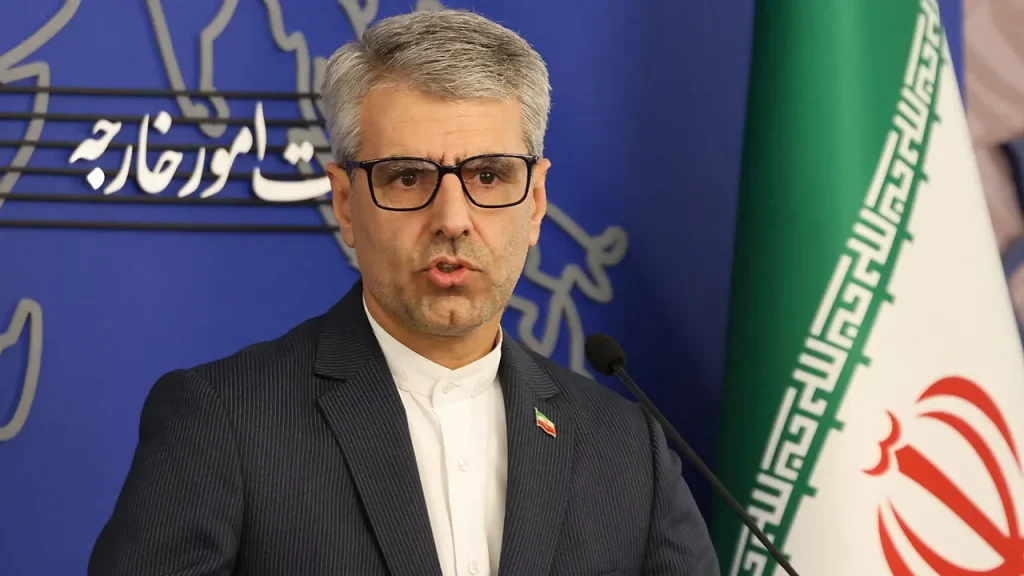Iran has vowed to use all available tools in response to Israel’s strategic airstrikes against the country. Despite warnings from the Israel Defense Forces (IDF) to stand down or face a heavy price, Iranian Foreign Ministry spokesperson Esmaeil Baghaei declared that Iran will deliver a definite and effective response to the Zionist regime. Israeli air force jets carried out 20 strikes across Iran during the operation named “Days of Repentance,” targeting air defense systems, missile and drone bases, and weapons production sites. The IDF has warned that it is ready to target Iran again if they respond to the strikes.
The IDF spokesperson, Rear Adm. Daniel Hagari, made it clear that if Iran escalates the situation, Israel will be obligated to respond and that those who threaten Israel will pay a heavy price. The strikes conducted by Israel during “Days of Repentance” were meant to demonstrate that Israel has both the capability and resolve to act decisively. President Biden met with intelligence community officials following the strikes and expressed hope that the situation will de-escalate. Vice President Kamala Harris emphasized the importance of supporting Israel’s right to defend itself while also advocating for de-escalation in the region.
The tense situation between Iran and Israel has raised concerns about the potential for further escalation and conflict in the region. Experts believe that Israel’s targeted response against Iran sends a strong message about the IDF’s capabilities and their readiness to defend the state of Israel and its people. While Iran has vowed to respond to the airstrikes, the IDF has made it clear that they are prepared for any escalation and will not hesitate to defend Israel. The international community, including the United States, is monitoring the situation closely and calling for de-escalation to prevent further violence.
The airstrikes and threats between Iran and Israel highlight the ongoing tensions and conflicts in the Middle East. The use of military force and the possibility of retaliation raise concerns about the potential for a wider escalation in the region and the impact it could have on civilians. The statements from both Iran and Israel indicate a willingness to use all available tools to defend their interests, further complicating efforts to find a peaceful resolution. The international community must continue to engage with all parties involved to prevent further violence and work towards a peaceful solution to the conflict.
The escalation between Iran and Israel has implications for regional stability and security, as well as broader global implications. The use of military force and threats of retaliation underscore the challenges of navigating complex conflicts in the Middle East. The involvement of external actors, such as the United States, adds another layer of complexity to the situation. Efforts to de-escalate tensions and prevent further violence must be a priority for all parties involved to avoid a wider conflict with potentially devastating consequences for the region and beyond. Diplomatic solutions and dialogue must be pursued to address the root causes of the conflict and prevent further escalation of hostilities.













